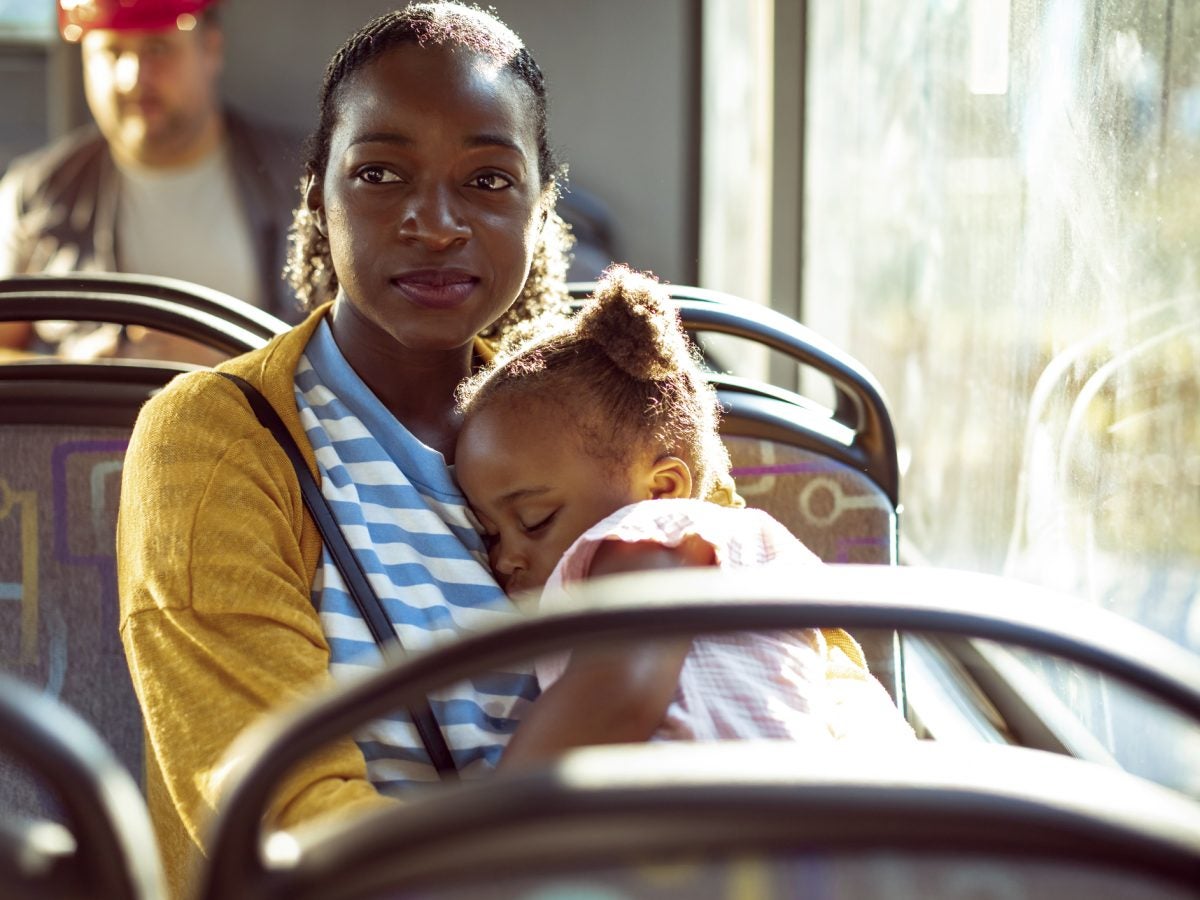
Mississippi cannot catch a break. From crumbling infrastructure that routinely leaves our capital city without access to safe water, to being the last state to adopt Medicaid for postpartum care despite having some of the country’s most restrictive abortion laws, to the raiding of welfare funds to line the pockets of the rich and famous, to climate change-fueled storms that killed dozens in March– to say it’s been a trying time would be the understatement of the century.
While these issues may seem disparate, one devastating consequence they all have in common is that they will take the heaviest toll on Black women. That’s because our state, like the rest of the country, has allowed racism and sexism to lead policy responses — leaving our most vulnerable groups behind.
Black women nationally are paid 62 cents for every dollar a white man earns, and MS has one of the worst racial and gender pay gaps in the country — meaning Black women earn just 56 cents on a white man’s dollar. We also have some of the worst rates of child economic wellbeing in the country, with 54 percent of Black children living in poverty compared to 19 percent of white children. These grim stats are hardly any surprise given we also have the lowest median income in the country.
It’s enough to make you want to throw your hands up and walk away. Believe me, I thought about it — I left home to go to college and eventually earn my PhD., courted offers from big-name organizations in fancy coastal cities and fell in love with my husband who was happy to build a life up north. But I always came back to the proverb: “there but for the grace of God go I.”
My grandmother, former sharecropper Dr. L.C. Dorsey, helped lead the Civil Rights Movement alongside the likes of Fannie Lou Hamer. She was able to make sure future generations, like me, were put on a different path than the one she had to navigate. Had I not had the opportunities afforded me, I could have easily ended up trapped as so many of Mississippi’s Black women trying to get ahead in a system designed to work against us at every turn.
Giving up is not the answer. Tearing down our systems of oppression and centering solutions on those with lived experience is. That’s the driving force behind the nonprofit I run, Springboard to Opportunities, where we take a “radically resident-driven” approach to improving the lives of those living in our state’s subsidized housing complexes. Most of the population I serve are Black women living in extreme poverty, trying to cobble together a year’s worth of costs for a family of four on what many of us spend on a trip to the beach.
Despite being able to make a penny stretch a mile, they are demonized by leaders who deride them as unwilling to work an honest day’s work, who prefer to live off the crumbs of our joke of a social safety net rather than get a “real job.”
Let me tell you, these women work harder than anyone I’ve ever known. They raise children, often on their own, in between shifts at fast food restaurants or senior living facilities where they earn poverty wages (Mississippi’s minimum wage is an abysmal $7.25) for their backbreaking labor. I have nothing but respect and amazement for their ability to persevere, even though their tremendous efforts have such little pay off.
The same leaders who demonize poor Black women are literally stealing the money intended to help them.
That’s why I went to them when I wanted to figure out a more effective way for my organization to help them succeed. In conversation after conversation, I heard different stories of needing a few extra dollars to pay for the supplies of a child’s school science fair, or the wish to have five bucks to buy a pizza as a special treat for the family on a Friday night. While the uses were individual, the solution was singular: cash.
So I started the Magnolia Mother’s Trust, the country’s first guaranteed income program to focus exclusively on Black women living in extreme poverty. Over the course of more than four years, we’ve helped hundreds of women by giving them $1,000 a month for a year to use however they see fit. The results have been transformative, and many of them tangible.
More mothers in the program can regularly provide new clothing and shoes for their children, an increase of more than 14 percentage points in our latest cohort. But, more importantly, we saw the invaluable benefits that come with financial security: mothers reported their children were happier, and that they were able to spend more time with them. Mothers saw significant improvements in their long-term outlook, with 79 percent feeling more hopeful about their futures and 82 percent feeling more hopeful about their children’s futures.
Establishing a statewide program that offers unrestricted cash regularly isn’t some far-off goal, it’s something we’re already supposed to have through Temporary Assistance for Needy Families (TANF). These federal funds are earmarked for struggling families, which in Mississippi are mostly Black moms living in poverty, the exact population I serve. Yet, the state denies nearly every application for the monthly cash.
For the few lucky enough to receive the aid, the amounts are among the lowest in the nation. We found out over the past year why the program is so ineffectual — the money was instead being funneled to pet projects of the elite, like a horse ranch and volleyball court. The irony here is nothing short of obscene: the same leaders who demonize poor Black women are literally stealing the money intended to help them.
Ashala, a single mother living in Jackson, is a perfect example of who should have actually received this money. She is unable to work a job she loves caring for seniors because she can’t afford the $90 weekly daycare bill for her young daughter. “The programs are just really difficult,” she said of the frustrations she and so many other low-income families have experienced when dealing with TANF in Mississippi. “If you work, then they cut down your food stamps, but then you can get TANF. But TANF is only around $100 a month, which just isn’t enough.”
Keeping money out of the hands of those who truly need it not only costs the state financially and reputationally, it robs us of the potential of future generations. There is extensive research that shows that investing in children — including providing them financial security — has lifelong positive effects, from increased earnings to fewer health problems.
I do not claim to have the answers to all of my beloved state’s many problems. But I do know where we need to start: by centering Black women in our solutions by providing them direct cash aid and shifting narratives around who is deserving of dignity and trust. That is the first step on our long path toward building a society that actually works for all.
Dr. Aisha Nyandoro is the Chief Executive Officer of Springboard To Opportunities and the innovator of The Magnolia Mother’s Trust project in Jackson, Mississippi. Her work uses a radically resident-driven approach designed to improve quality of life and end generational poverty.





